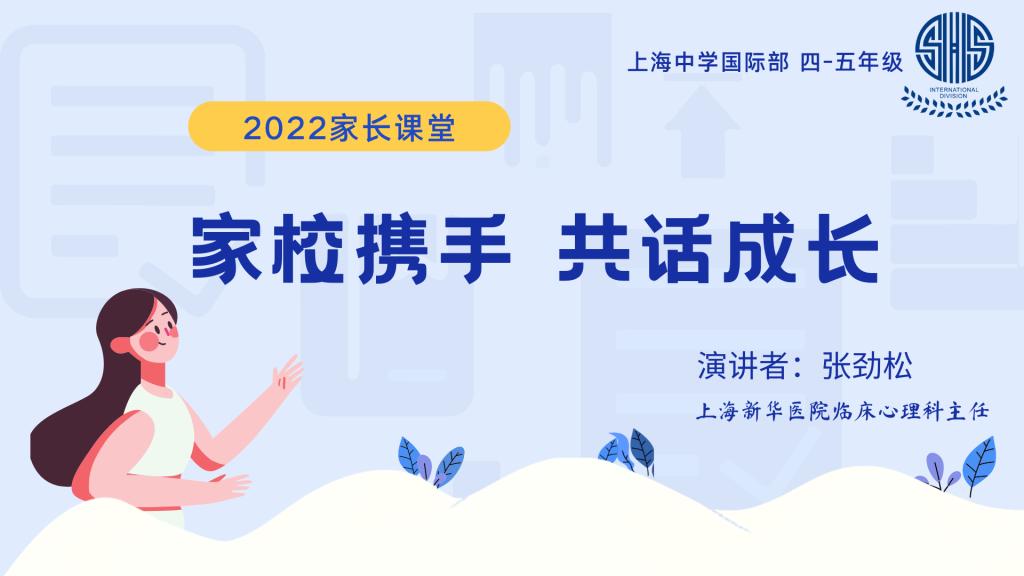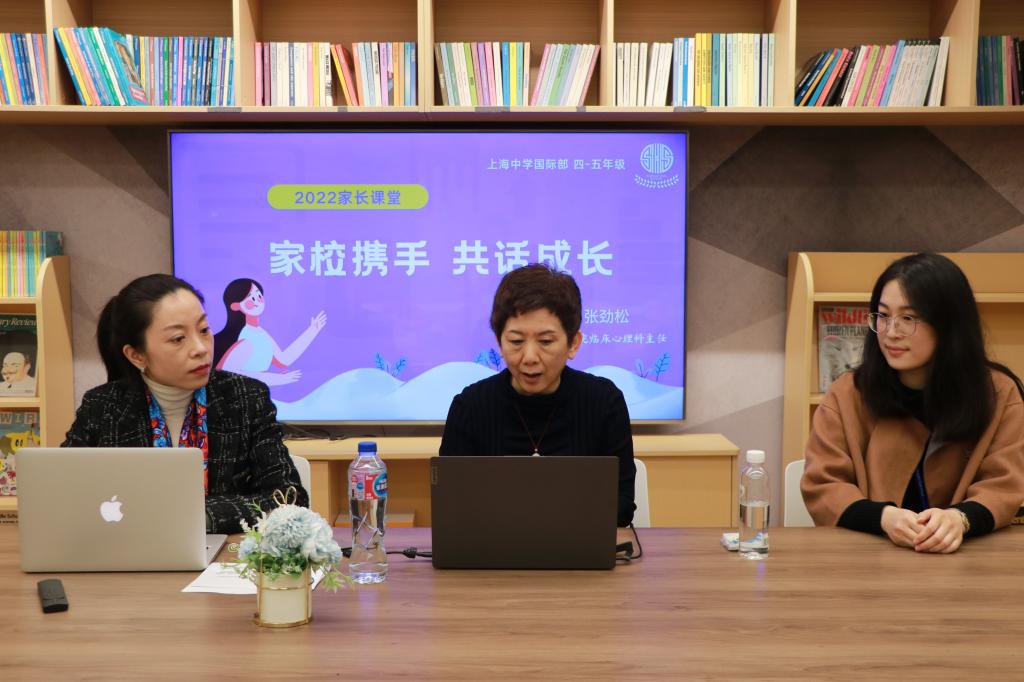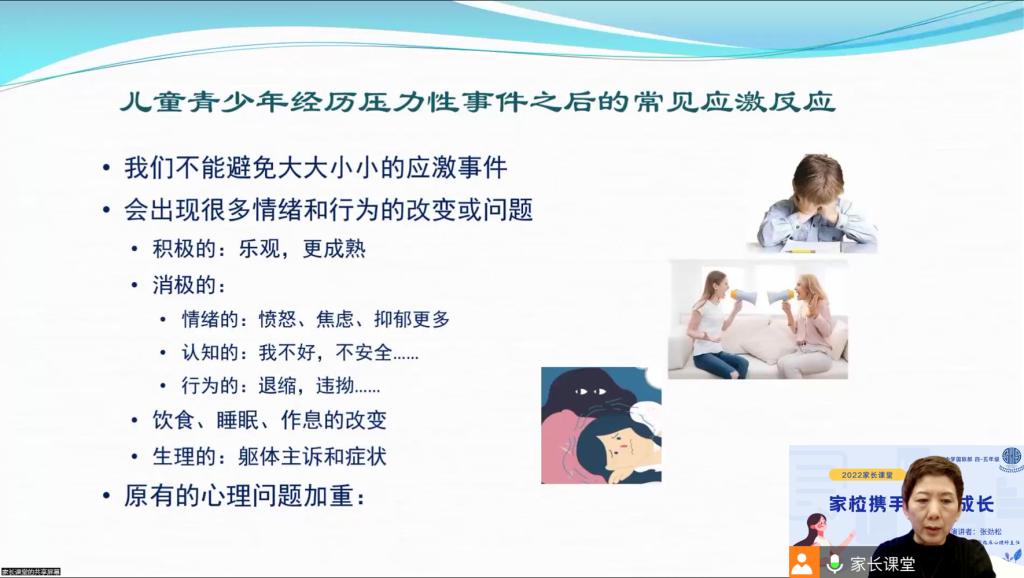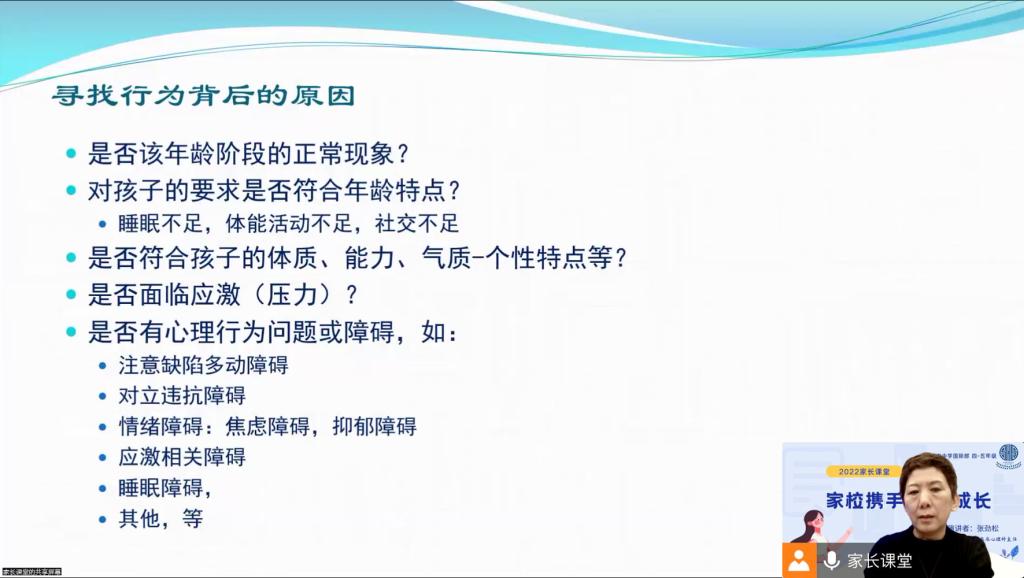-
ABOUT US
-
ACADEMICS
Curriculum Program
Departments
- English
- High School Chinese
- Primary and Junior School Chinese.
- High School Mathematics
- Middle School Mathematics
- Primary School Mathematics
- Music and Fine Arts
- Physical Education
- Physics
- Chemistry
- History and Geography
- Physical Science and Optional courses Department
- Middle School Biology
- High School Biology
- Social Sciences
- Computer Science
- Courses in Primary School
Achievements and Matriculations
College Counseling
Science & Technology Innovation Contest
Subject Competition
-
ARTS
-
ATHLETICS
-
AT SHSID
SHSID ∣ TIMES
PTSA
Club Exhibition
- 龙吟社
- Live 2 Drama
- Choir
- Hip-pop Dance Club
- The Primary School Dance Troupe
- Symposiums Club
- Biology Workshop
- You Shan
- VEX Robotic
- Peking Opera Club
- Baseball Club
- Model United Nations
- The World Scholar’s Cup
- Future Problem Solving Club
- United States Academic Pentathlon
- OM Club
- AMC Club
- Music for Patients
- SHSID Gazette
- Smile Charity
- Cultural Moments
- SciAcademy
- Stem Doge Alliance
- Chinese Debate Club
- IAA
- Mock Trial Club
- Zhengming Club
- Furry Friends
- GT-Racing
- Village Radio
- IMMC Club
- Creative Design and Intelligent Fabrication
- Future City Research Project
- ECOCAP
- AdvocaSEA
- SPDC
- Medishine
- Floorball Club
- Animusic MTC
- Wings Up
- All Booked
Health and Wellness
Campus Safety
Cafeteria Service
-
ADMINISTRATION
-
ADMISSIONS
-
ALUMNI
Alumni Information
Honors Students
- Class of 2025
- Class of 2024
- Class of 2023
- Class of 2022
- Class of 2021
- Class of 2020
- Class of 2019
- Class of 2018
- Class of 2017
- Class of 2016
- Class of 2015
- Class of 2014
- Class of 2013
- Class of 2012
- Class of 2011
- Class of 2010
- Class of 2009
- Class of 2008
- Class of 2007
- Class of 2006
Who Studied at SHSID
SHS Foundation
-
DOCUMENTS
Puxi G4-5: Parent Classroom
In order to promote home-school cooperation and create a learning community, Puxi G4-5 invited Dr. Zhang Jinsong, the chief clinical psychologist of Xinhua Hospital Affiliated to School of Medicine of Shanghai Jiao Tong University, to our school to give an online lecture on December 8th. Dr. Zhang shared with parents topics related to behavioral management strategies that can be used at home and focused on children's behavioral and psychological changes in the post-epidemic era.
Parenting questions were collected from parents of G4&5 before the lecture. Some examples are: “how to help student enhance their self-control skills” “In the process of disciplining children, how should parents control their own emotions?” “What can parents do if children are unwilling to communicate?” “What psychological and behavioral changes will the pandemic bring to our children, and how should parents respond to those changes?”
To answer these questions, Dr. Zhang first pointed out that parents are the role models for their children, and parents’ behavior will deeply affect how their children behave. For example, if a parent plays video games after meal, then the child will think it’s okay for himself/herself to play video games, too. If a child loses his temper during a conversation, parents need to think of themselves as well. To sum up, parents should not only try to consider their children's behavior, but also need to be aware of their own behavior and language.
For those parents who are worried about starting a conversation with their child, Dr. Zhang shared that starting a conversation with hobbies is a great communication strategy. When children are interested in the topic, they are more likely to join the conversation. Also, try to use "we" instead of "you". Avoid using aggressive or accusive languages such as “why are you always like this". In addition to verbal communication, we can make use of physical language as well. Creating family activities with children can also help promote parent-child relationships.
Dr. Zhang then shared the psychological and behavioral changes of children in the post-epidemic era. The epidemic has brought some uncertainties to everyone’s living. Facing these uncertainties, different people may have different reactions. For example, some children may get angry or feel anxious, while some may experience a sense of insecurity or demonstrate social withdraw. At this time, parents have to help kids to adjust to uncertainty by enhancing their sense of security, sense of stability, sense of capability and sense of hope. Parents can try the STOP strategy to calm their children or themselves down:
S: Stop. Whatever you’re doing, stop for a while.
T: Take a step back/Take a breath. Re-connect with your breath. The breath is an anchor to the present moment.
O: Observe. Notice what is happening. What is happening inside you, and outside of you? Where has your mind gone? What do you feel? What are you doing?
P: Proceed. Continue doing what you were doing. Whatever you do, do it mindfully
We can't control the pandemic or avoid all stressful events occurred to our life, but we can control our mindset and our own behavior.
At the end of the lecture, Ms. Chris, the director of Grade 4&5, provided several suggestions on behalf of teachers. As our children grow, parents should also review their parenting styles along the way. Every child is unique and parents need to embrace their uniqueness. We should put faith in our children with a growth mindset and nourish them with support and love. Let’s work together to help our children blossom!




Written by Sun Fanfan, Yu Shuqian, Liu Lei
Pictures by Cao Minxuan, Sun Fanfan
Edited by Serene Yang